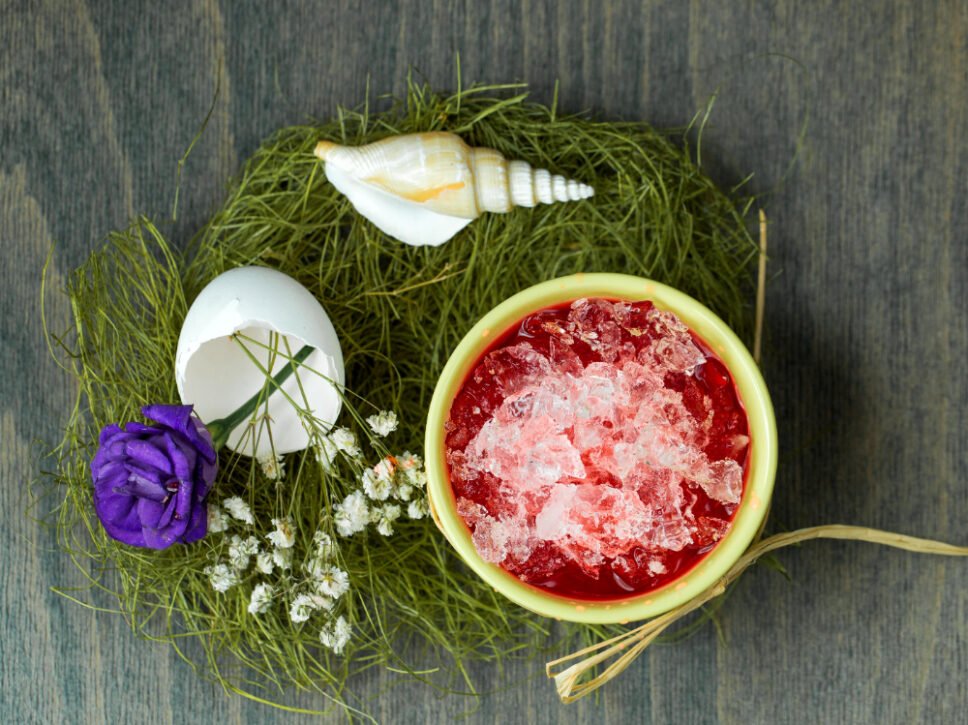Veppam poo pachadi (neem flower chutney) holds a special place in traditional Indian festivals and rituals, especially during Goddess Lakshmi puja. Known for its symbolic and health benefits, it is a customary offering in many South Indian households.
Spiritual Significance
In Hindu tradition, neem flowers are considered sacred and symbolize purification. Offering veppam poo pachadi to Goddess Lakshmi during rituals is believed to invite prosperity, well-being, and good fortune into the home. Neem, being a symbol of health and purity, aligns with the attributes of Goddess Lakshmi, who is revered as the goddess of wealth and purity.
Health Benefits
Aside from its spiritual value, veppam poo pachadi offers several health benefits:
1. Detoxification: Neem flowers have detoxifying properties that help cleanse the body.
2. Digestive Aid: Consuming this pachadi aids digestion, especially during heavy festival meals.
3. Immunity Boost: Neem is known to strengthen immunity, making it beneficial for overall health.
4. Blood Purification: Regular intake of neem-based dishes helps in purifying the blood, promoting clearer skin and better health.
When and How It’s Made
Veppam poo pachadi is traditionally prepared during auspicious occasions like Tamil New Year and Varalakshmi Vratham. The recipe typically includes fried neem flowers, tamarind, jaggery, and spices, resulting in a blend of bitter, sweet, and tangy flavors. This unique combination symbolizes the different experiences of life—bitter and sweet alike.
Conclusion
Preparing and offering veppam poo pachadi for Goddess Lakshmi is a beautiful blend of devotion, tradition, and health. Whether you do it for religious purposes or to enjoy its health benefits, this dish embodies the essence of balance and prosperity.






